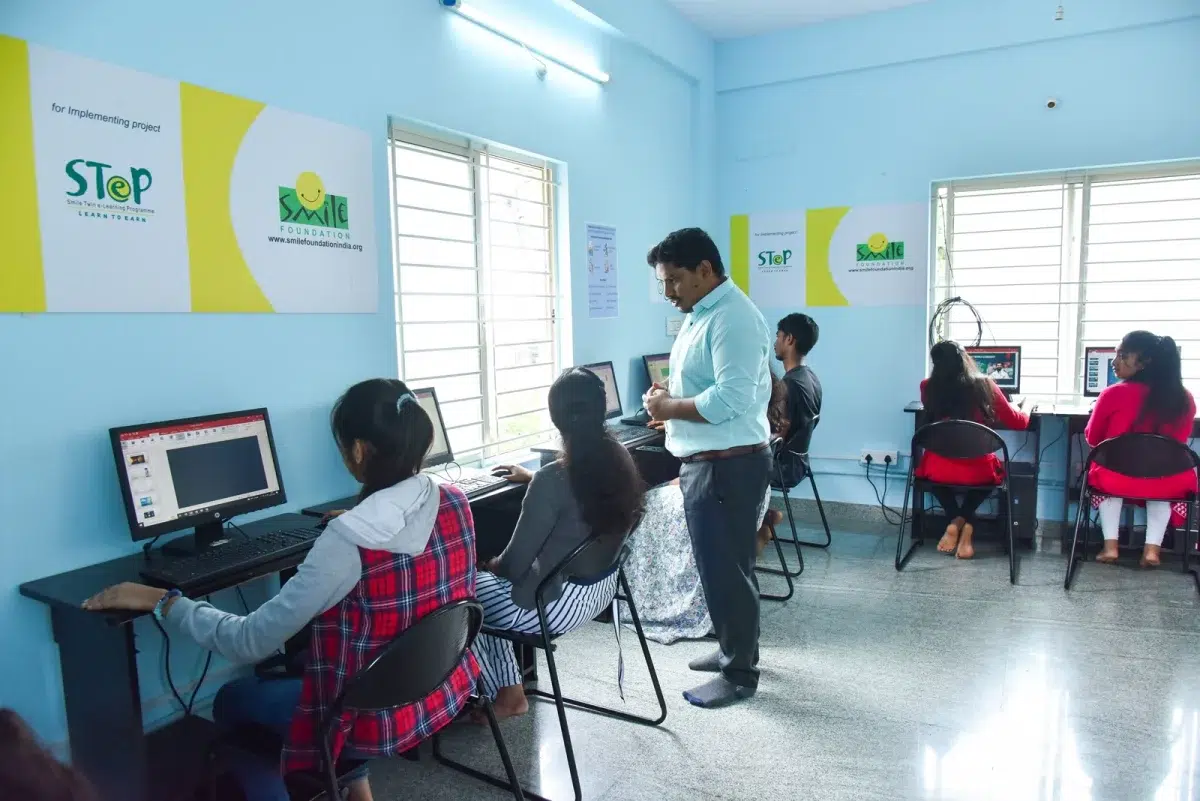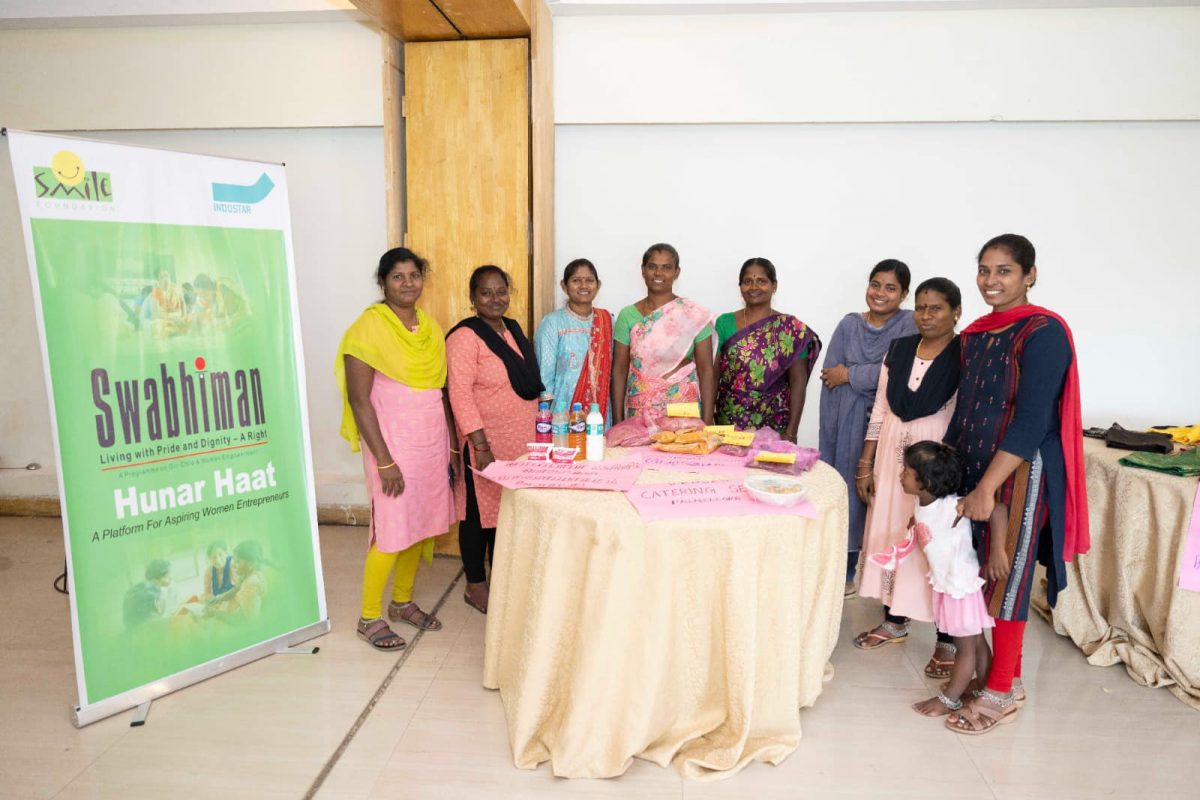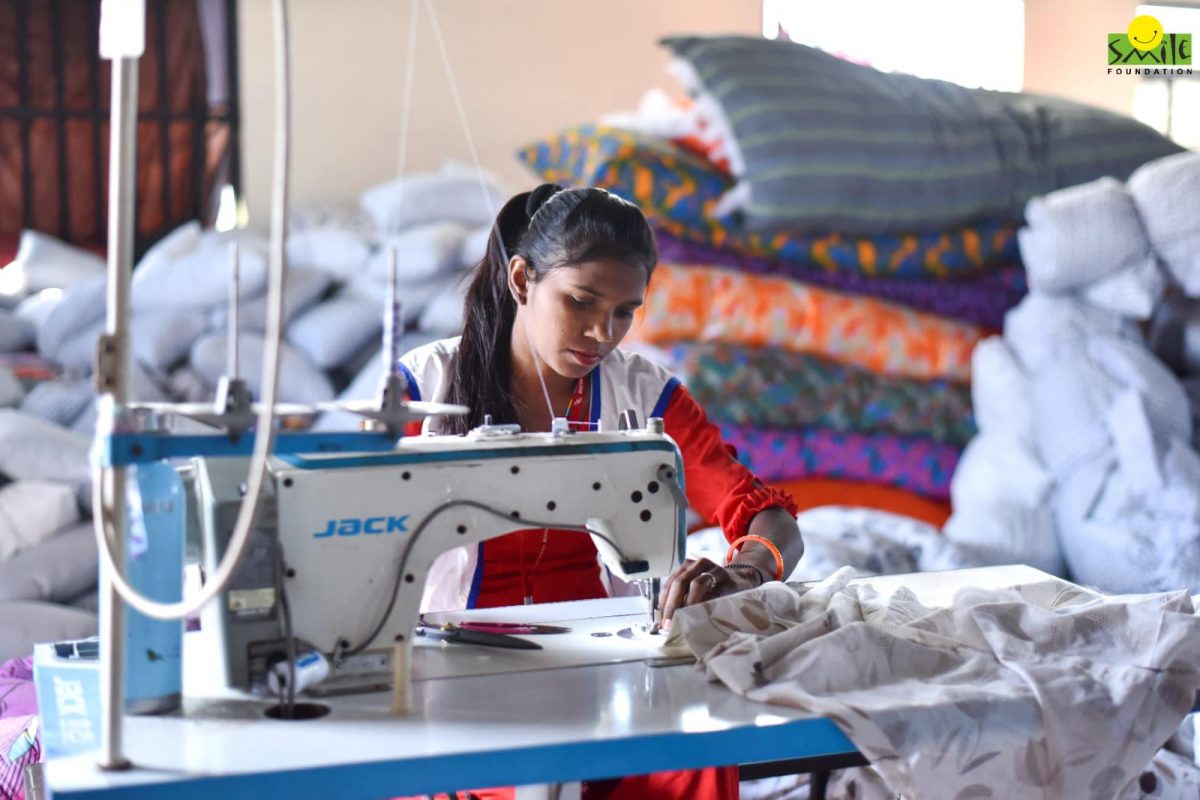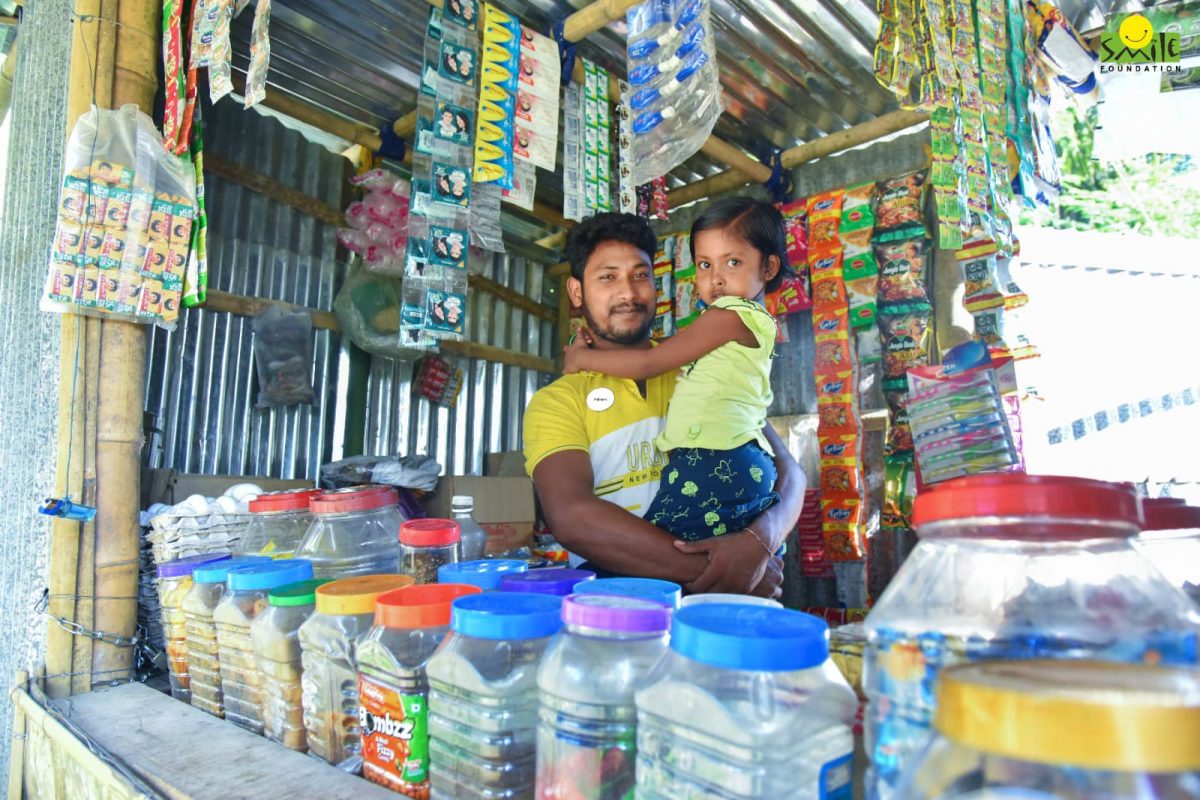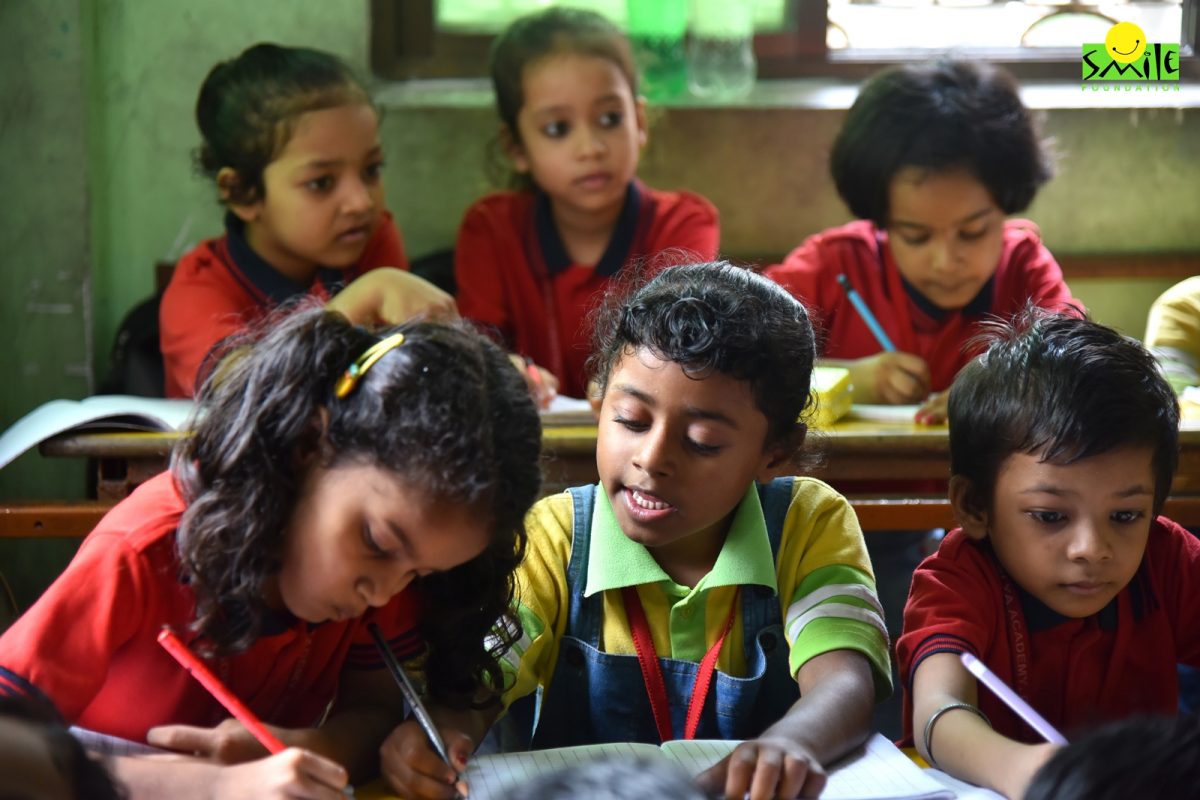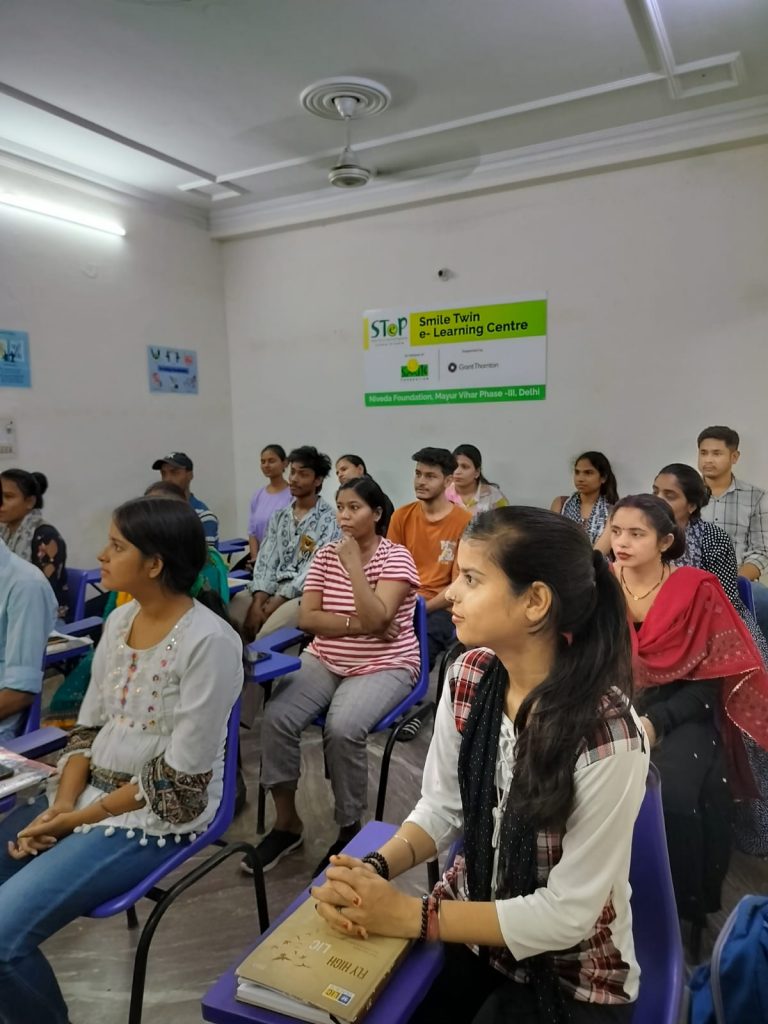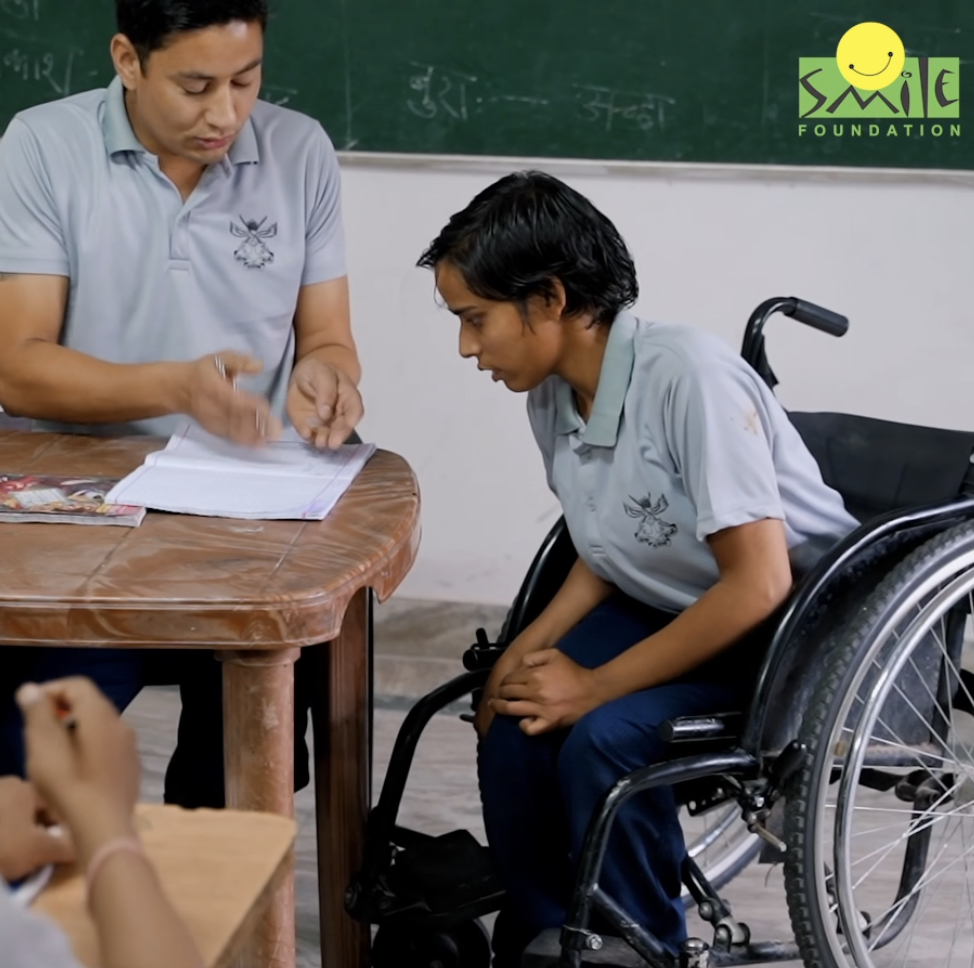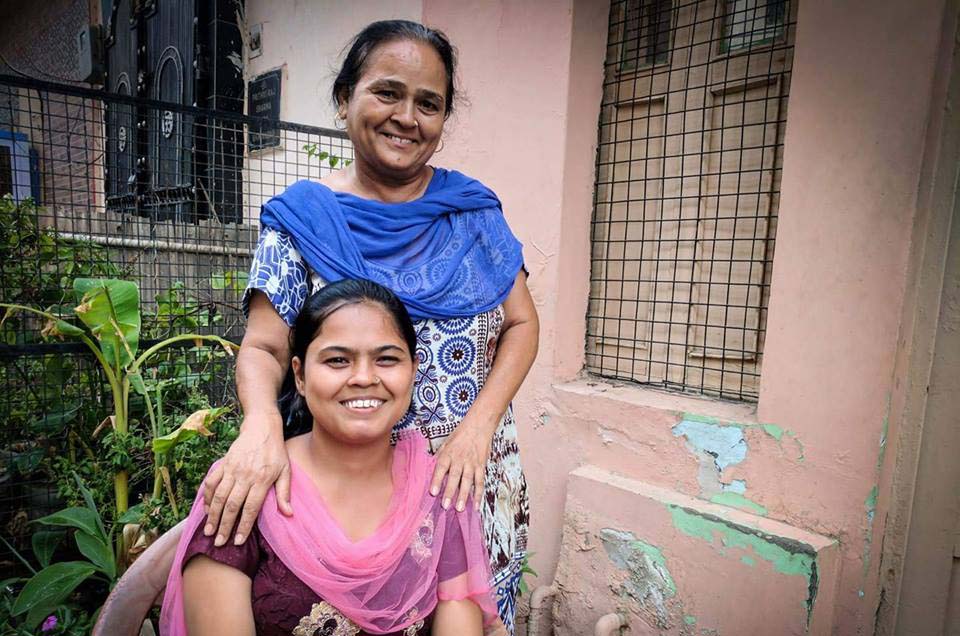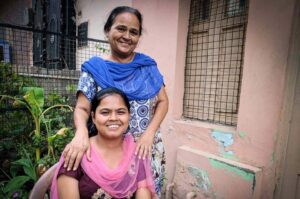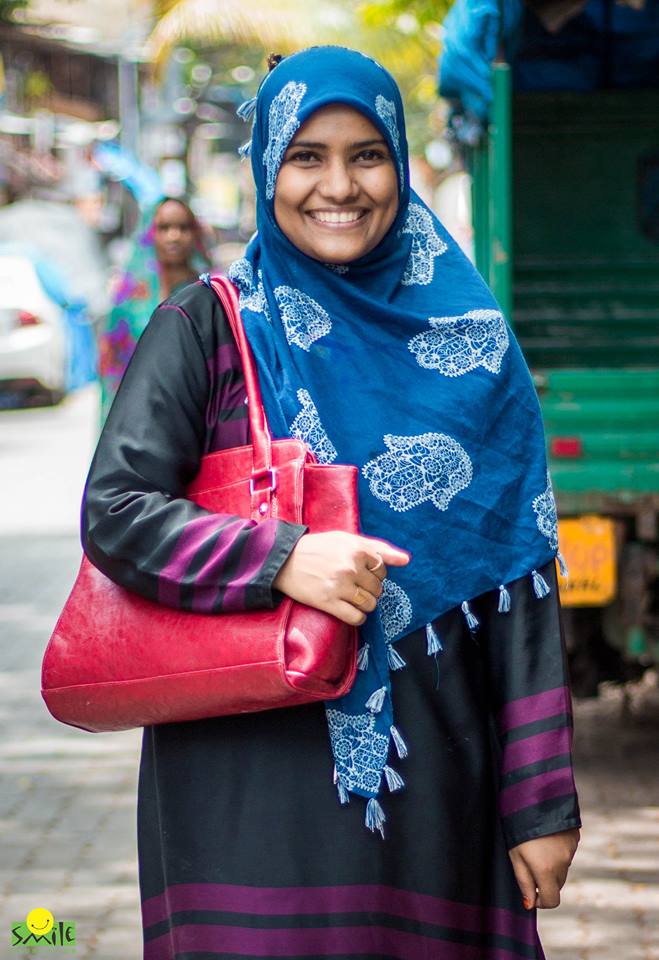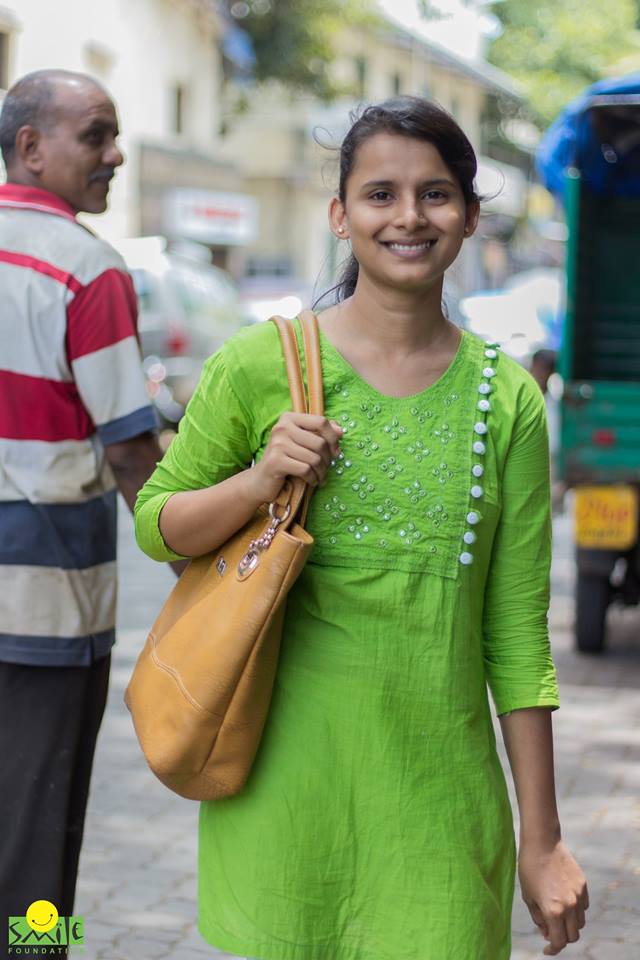Vocational courses provide a pathway to employment. These courses equip students with specific skill sets suited to particular jobs or industries, helping them secure employment. This, in turn, boosts the country’s economy.
However, according to a report, there are not enough takers for vocational and skill-based subjects in government schools in Delhi, with some reporting near-zero enrolment. The Directorate of Education has issued show-cause notices to 606 government schools due to their poor enrolment figures. Schools with fewer than 20 students were asked to explain the reasons behind the low enrolment and the steps they were taking to boost student participation.
Vocational courses increase employability
These courses fill a skill gap. Many industries in India, such as manufacturing, construction, retail, healthcare, and IT, require skilled workers. Vocational training equips people with specific technical skills needed in these fields. Higher education often focuses largely on theoretical knowledge, leaving a gap in practical, job-ready skills.
Vocational courses provide hands-on training that directly translates to the workplace, ensuring workers are better prepared for the demands of their roles. By offering vocational courses, India can bridge the gap between the demand for skilled workers and the limited supply of trained professionals.
This is important, as the current scenario is rather bleak. According to the India Skills Report 2020, the youth employment rate has remained stagnant for the past three years. According to UNICEF and the Education Commission, more than 50% of Indian youth will lack the education and skills necessary for employment by 2030.
Magdalene Jeyarathnam, founder-director of the East West Centre for Counselling, says the educational curriculum has become redundant over the years as it is not geared to help students enter the job market. “The curriculum is based on what was taught in the past, and changes are made with the next couple of years in mind, not what the need will be five years or more from now,” says Magdalene, who conducts courses in expressive arts therapy and psychodrama in colleges, as UGC guidelines mandate that UG and PG students have skill certification. “When students gain skill-based certificates, it adds to the degree they earn,” she says.
Fuels entrepreneurship, empowers women
Vocational training provides an impetus to entrepreneurship, as it empowers individuals to start their own businesses. For example, courses in carpentry, tailoring, or beauty and wellness can help individuals set up their own small businesses, creating job opportunities for others. It also provides opportunities for individuals from diverse backgrounds, including those from rural areas or lower-income families, who may not have the resources to pursue higher education.
Many skilled workers migrate from rural areas to urban areas in search of jobs. Vocational courses can be offered locally to help retain talent within their communities. This can reduce migration pressure on cities, create opportunities in rural areas, and encourage balanced regional development.
Vocational training also empowers women, offering them the chance to acquire skills in areas such as beauty, tailoring, or hospitality. These skills can be applied in flexible working environments, allowing women to become financially independent.
“I was able to start my own beauty parlour in a gated community two years ago after completing a beautician course,” says K Saroj, who lives in Medavakkam, Chennai. “I couldn’t go to college because my family couldn’t afford it, but now I can earn well and ensure my children can study in good schools.”
Vocational courses alleviate pressure on the traditional education system
Since colleges and universities have limited seats, vocational training offers an alternative pathway for those who may not want to pursue a degree or those who lack the financial resources to access such education. Vocational training is often less expensive and quicker to complete than a traditional degree, making it an attractive option for students who want to begin working sooner, without incurring heavy debt or spending many years in school.
Government initiatives prioritise vocational education
The National Education Policy (NEP), 2020, focuses on integrating vocational education into mainstream education across all boards in India. It aims for at least 50% of school and higher education students to have access to vocational education by 2025, emphasising industry linkages and demand-driven courses.
The National Skill Training Institute (NSTI) and Industrial Training Institutes (ITI) are government institutes that offer vocational courses. The National Council for Vocational Education and Training (NCVET) is another government organisation that supports vocational education in India.
Why are there few takers?
According to a 2020 report, there are not many takers for vocational courses in schools. In 2020, only 1,247 students opted for the vocational stream, while there were 1,755 seats in 18 skill courses offered in government schools in Chandigarh. Some skill courses received fewer than two applications.
Experts attribute this to several factors. Many schools lack essential infrastructure, such as laboratories and equipment. For instance, students enrolled in IT courses often want to use computers, which are frequently unavailable. Even in schools that do have labs, these facilities are not equipped to handle high enrolment numbers.
Since government schools often operate on tight budgets, vocational courses are not always a priority when funds are allocated. “Often, schools don’t have the financial resources to invest in modern training equipment, qualified trainers, or the development of new courses,” says a trainer at a government institute who wishes to remain anonymous.
There is also a shortage of qualified trainers and teachers with both industry experience and teaching ability. Government schools often struggle to recruit and retain instructors who not only have technical expertise but also understand the latest industry trends and can impart these to students.
These trainers also often don’t have access to regular training or professional development opportunities, which is essential to keep up with changing industry demands or new technologies. This results in outdated teaching methods and poor curriculum.
Another major challenge is the lack of linkage between vocational training providers (schools) and industries. Practical training, internships, and apprenticeships are crucial for vocational education, but government schools often lack partnerships with companies or local businesses where students can gain real-world experience. Institutes also fail to provide adequate job placement assistance or guidance, leaving students struggling to find employment after completing the courses.
There is also an inherent social bias towards vocational education in India, where it is often seen as a last resort for students who cannot pursue traditional academic education. Many students, parents, and even educators view vocational courses as inferior or less prestigious than university degrees, which discourages students. Many students and parents are also unaware of the benefits of vocational education, and that it can lead to lucrative career opportunities.
“When my son enrolled for an ITI course, all my relatives and friends felt that he should opt for a regular professional course and attend a reputed college or university,” says Vijayalakshmi Narasimhan, who works in a bank. “But he is doing well now and is happy with the profession he chose.”
Vocational training is often seen as separate from the traditional academic curriculum. Students may have to choose between academic subjects and vocational courses, leading to a divided education system. Integrating vocational education within the general school system can help normalise it and make it more attractive to students.
Lack of recognition, dropout rates pose roadblocks
In many cases, vocational courses lack formal recognition or accreditation by industry bodies or professional associations. This reduces the credibility of the courses and the value of the qualifications awarded, making it difficult for students to find employers who recognise their training.
Many students who begin vocational courses often drop out due to a variety of factors such as lack of interest, societal pressure to pursue academic education, or because they do not see immediate benefits from completing the course.
Smile Foundation steps in
Smile Foundation’s STeP programme works in line with government policies to bridge the gap and address the challenges involved in implementing vocational education courses. As part of our educational initiatives, vocational exposure has been encouraged and initiated among students to facilitate holistic learning and development by providing a space for students beyond regular curriculum subjects. This helps children and youth make connections between different areas of learning.
Our skill training and livelihood programme is closely aligned with the ‘Skill India’ initiative of the Government of India. We aim to empower individuals with relevant and in-demand skills through specialised training courses.
This will help them adapt to the changing job market and secure meaningful employment opportunities. The focus of our programmes is on comprehensive training and skill development. Through tailored counselling sessions, engagement programmes, and hands-on experience, we provide young trainees with the tools and guidance needed to create a nurturing environment where they can explore their capabilities and cultivate their talents.



